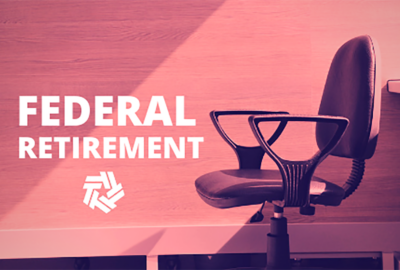Twenty-second Birthday Blues
Many states now allow dependent children over age 22 to remain on their parents health insurance plans. So how does this effect the federal employee health benefits...
Roughly half the states now require family health plans to provide coverage for dependent children after they turn 22. But not Uncle Sam.
Some states, like California, provide for permanent coverage for dependent children, regardless of age, who are “incapable of self-sustaining employment…”
Other states, like Maryland, require that health insurance be extended to unmarried children up until age 25 if they live with the parents. Virginia also extends health insurance coverage to dependent children who are full-time students. But not Uncle Sam.
Virginia, Maryland, California and the District of Columbia have the largest concentrations of federal workers. Many feds hoped that recent changes in their state’s laws would apply to coverage rules under the Federal Employee Health Benefits Program. The FEHBP, which covers nearly 9 millions feds, retirees and family members, is the nations largest and best employer-sponsored group health plan. But when it comes to coverage for dependent children it is less generous than West Virginia, South Dakota, Tennessee, Montana and dozens of other states.
The FEHBP (a nationwide, worldwide) program is not subject to individual state insurance laws. Many times that is a blessing for feds, but in the area of extended dependent care, it is not.
Thanks in part to the tanking economy, with an increasing number of layoffs, adult children who are dependent (in whole or part) are one of the fastest-growing groups in the nation.
Until recently, most state insurance plans followed the federal practice. That is, that after age 22 children (unless physically or mentally handicapped) are no longer considered dependent. Children over that age could get continued benefits (COBRA) under the family health plan for 18 months. Or they could buy outside or school insurance which is usually fairly inexpensive. But in recent years there has been a push to extend coverage past the traditional age 22 limit.
But not Uncle Sam.
David Snell, of the National Active and Retired Federal Employees says the FEHBP is not impacted by state insurance laws. Under the FEHBP, he says “unmarried children who are eligible dependents, age-out on their 22nd birthday. Disabled adult children are an exception to this.”
At age 22, Snell says, dependent children can enroll in an FEHBP plan “in their own right and have coverage… up to 36 months. However, the child must pay the full premium for the plan/option enrolled in, without any government share paid.”
Earlier this year, Rep. Tom Davis (R-Va.) proposed liberalizing the federal FEHBP age coverage. Hearings were held but Congress got bogged down in the verrrrrrrrrrry long political campaign which required frequent breaks. Bottom line. It didn’t happen and Davis is retiring from Congress.
The issue will be back again next year, maybe with a vengeance if some high-powered Senator or Congressperson gets a midnight knock on the door from a child who has dropped (or been kicked) out of school, or who has lost a job.
Bonus Holidays
Day After Christmas: Most nonpostal federal workers will get the day off, with pay, on Friday Dec. 26th. For more on how that will work, click here.
Inauguration Day Bonus: January 19th (the MLK birthday) is a holiday for most feds. January 20th, Inauguration Day, is a holiday for a much smaller number of civil servants. The ID apply applies only to Washington-area feds whose offices are inside-the-beltway. For a look at who they are, and how that will work, click here.
Nearly Useless Factoid
Number one on the “Top 10 quotes of 2008“, as compiled by the editor of the Yale Book of Quotations is attributed to comedian Tina Fey while impersonating Alaska Gov. Sarah Palin on the TV show “Saturday Night Live”:
“I can see Russia from my house!”
To reach me: mcausey@federalnewsradio.com
Copyright © 2025 Federal News Network. All rights reserved. This website is not intended for users located within the European Economic Area.





